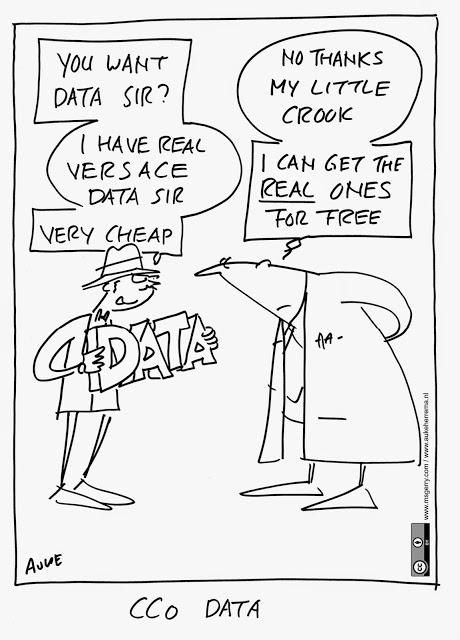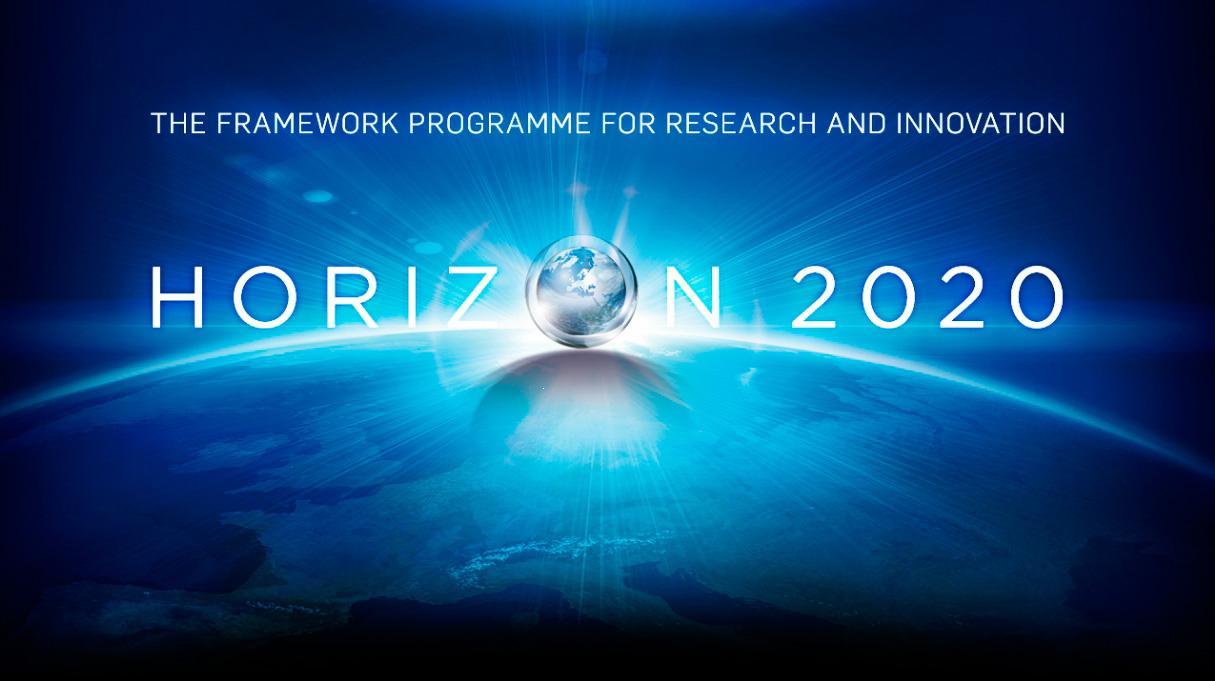I’ve recently been helping some colleagues in the Science faculty to put together a Data Management Plan for the EU funded Europlanet project (see my recent post for more information on the EU Horizon 2020 open data pilot).
One of the issues we have been discussing is licensing research data. Assigning a licence to the data you share is important as providing clear guidance on what re-users can do with your data helps disentangle some of the complexities and ambiguities surrounding rights (of which there are many – different jurisdictions have different laws regarding copyright on data so things can get confusing). Licensing your data is a good way of clarifying the terms of use.
When choosing a licence it is important to consider how you want your data to be reused. You can then apply a licence that most closely reflects those intended uses. Applying an explicit licence removes any ambiguity over what users can and cannot do with your data.
Lawyers can craft licences to meet specific criteria, but there are a number of open licences developed for widespread use that anyone can apply. There are many advantages to using standard licences rather than bespoke ones; as well as the benefits of enhanced organisational efficiency and cost saving, the use of standard licensing terms can lead to greater interoperability of data and increased user awareness of the licence terms, thereby enabling better compliance.
The recommended licence type for data created/collected in Horizon 2020 projects is Creative Commons (although other options are available – see links below for more information). Creative Commons licences offer a sort of “pick and mix” approach, meaning that you can assign a variety of different conditions on reuse of your data to make the terms of reuse more or less open, as needed. Creative Commons licences are widely used and understood, so they are a good option for making the terms of use for your data more transparent to users.
For more information, check out the following links:
- OU RDM intranet page on licensing research data (internal link)
- The JISC guide to licensing open data gives a clear and thorough explanation of all these licences and guidance on which one may be most appropriate for you.
- The DCC’s guide on how to license research data covers reasons to license data and mechanisms for doing so.
- The MANTRA module on sharing, preservation and licensing of research data contains useful information on open licences from page 17.
- Open Data Licensing animation this short film created by OERIPR Support provides guidance on how to choose a licence appropriate for your data.
For help understanding issues surrounding licensing research data, email library-research-support@open.ac.uk











